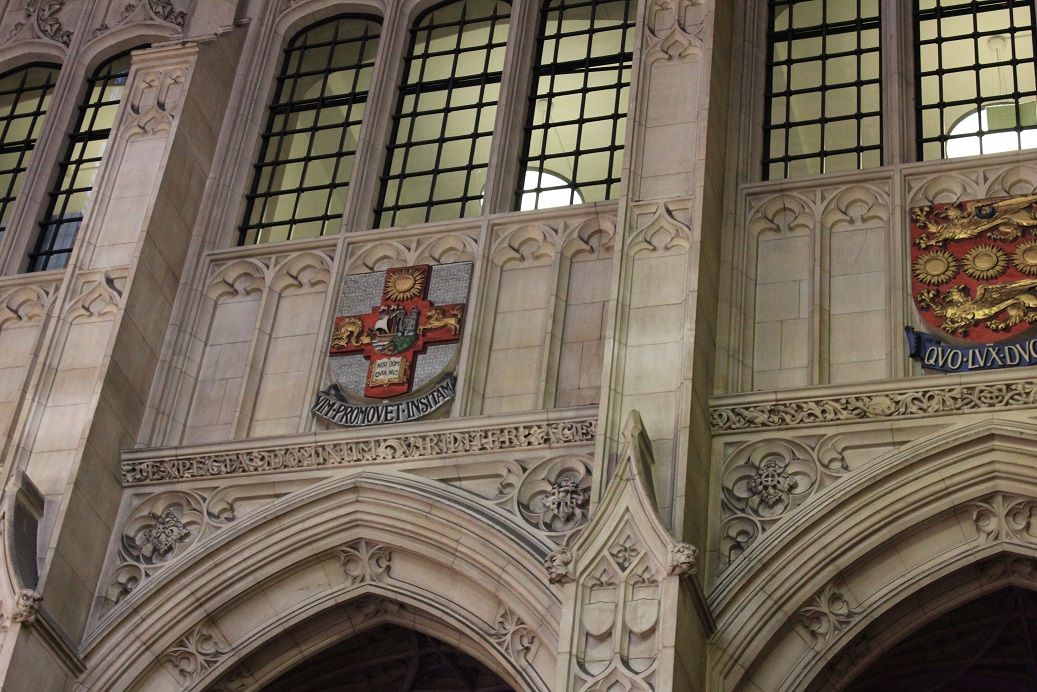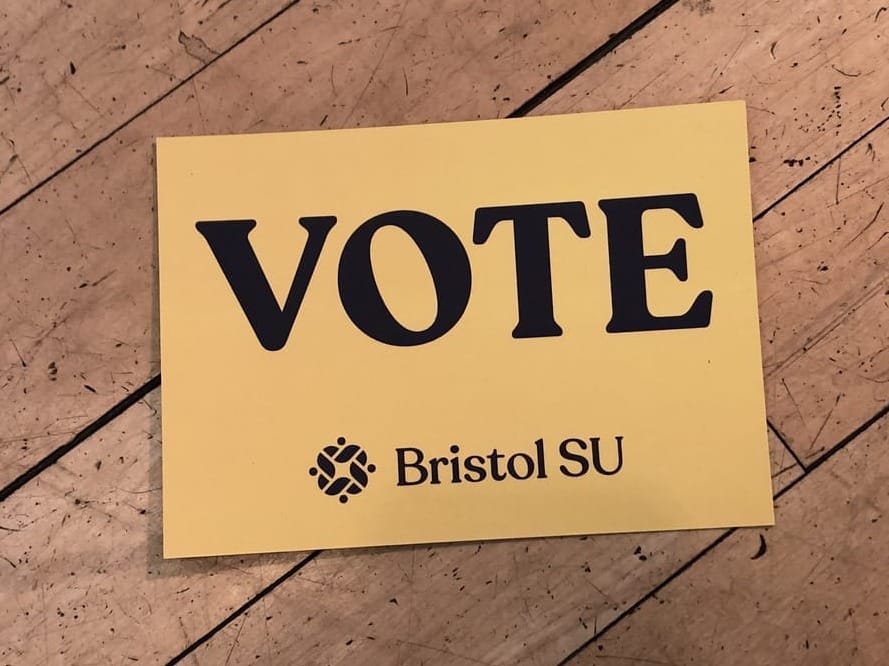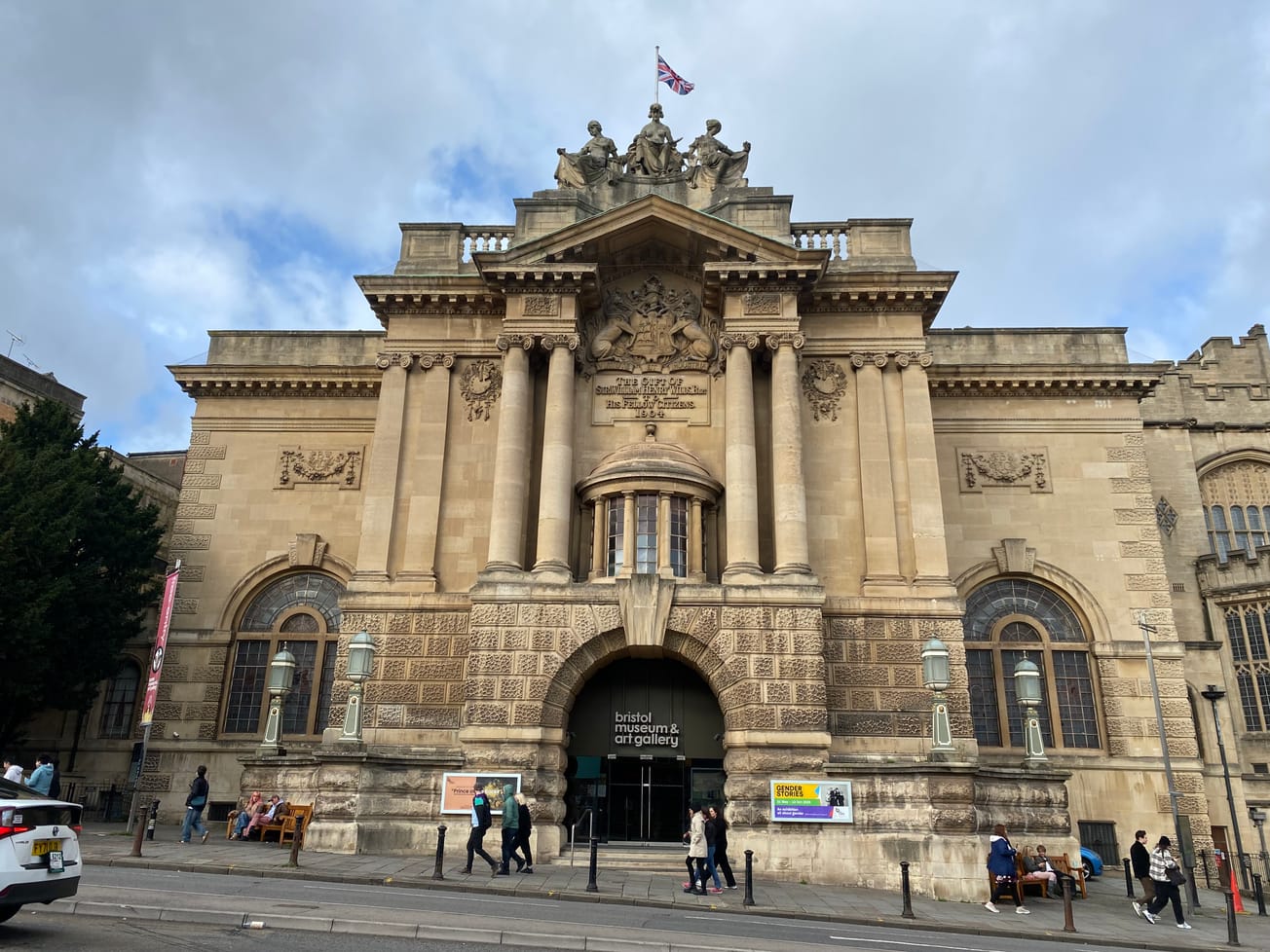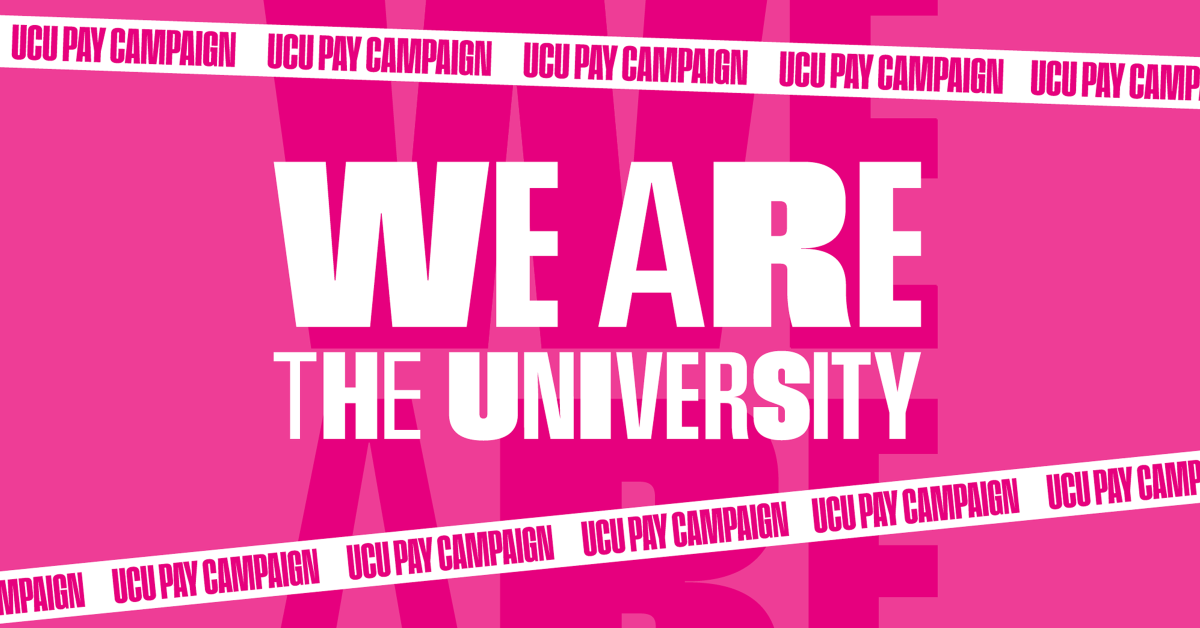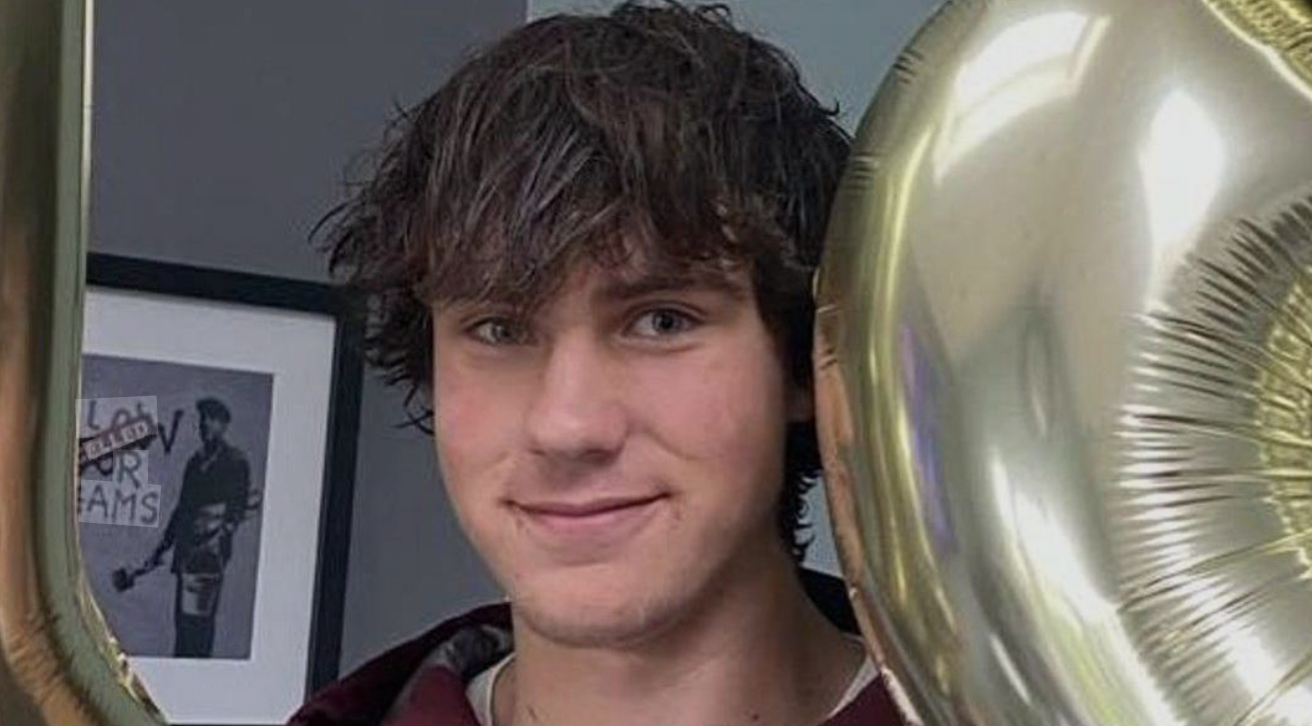By Louise Cripps, Investigations Editor
Since 2014 only 41 students have reported sexual offences to the University.
An extensive survey released last month by the health charity Brook discovered that only 25 per cent of students forced into having sex went on to report it. Nearly half said they were inappropriately touched, but only five per cent reported it.
Epigram has uncovered low levels of reporting at the University of Bristol. From 2014/15 to the 2018/19, only 41 students reported a sexual offence to the University. In all but one case, where the perpetrator was known, the perpetrator was a fellow University of Bristol student.
In 2014/15 ten offences were reported, six in 2015/16, an all-time low of three in 2016/2017. Whilst there was a rise to 17 reports in 2017/18 this has dropped again in the most recent academic year, with only five offences reported to the University.
From 2014/15 to the 2018/19, only 41 students reported a sexual offence to the University.
When these low figures are compared to the number of Bristol students who have claimed to experience unwanted sexual behaviour there is a vast discrepancy between offences and reports. Bristol Students’ Union’s 2018 'Let’s talk about sex' survey found that 52 per cent of students surveyed had experienced sexual harassment while studying at Bristol. 16 per cent of respondents had been victims of sexual assault or rape.
Bristol’s Equality, Liberation and Access Officer, Sally Patterson called these figures 'unsurprising'. 'Significant underreporting is a chronic problem when it comes to sexual violence, it can be incredibly daunting for a survivor to come forward and report an incident', she explained.
Patterson has told Epigram that for more students to come forward, 'the benefit of doing so must outweigh the risks. Students may feel that they won't be believed, or that their allegation won't be taken seriously.'
Our survey with @BrookCharity has shown that 30% of incidents of #sexualharassment and #sexualassault have happened on campus in UK #universities pic.twitter.com/F7fCtl7Nd7
— Dig-In (@diginbox) February 27, 2019
A University spokesperson admitted that 'official numbers will never reflect the full scale of the issue.'
They added: 'The nature of sexual misconduct means students will turn to whoever they feel most comfortable from across the University community. Students may be supported by several different student services or by academic staff, for example. Equally, students might go straight to specialist external services or report to the police and not disclose anything to us.'
Rachel Krys, co-director of the End Violence Against Women Coalition, has said that the University of Bristol should be concerned about these low reporting statistics: 'In universities with a low number of reports, it would be wrong to think that they are safer places for students.
'It actually probably means that people don’t know the mechanism for reporting or aren’t confident that something will happen, so it’s a bad sign, and Bristol should be worried.'
In 2017 Bristol University Alumni Hannah Price founded 'Revolt Sexual Assault' after she felt unable to report her rape to the University. She has similarly argued that low reporting is systemic. The group carried out its own survey on Student Room, finding that only 6 per cent of students reported their experience of sexual violence to the University.
'It [low reporting of cases] actually probably means that people don’t know the mechanism for reporting or aren’t confident that something will happen, so it’s a bad sign, and Bristol should be worried.'
Price’s campaign aims to 'bridge the gap' between victims and their institutions. It has argued for 'a uniform national response – an enforced and consistent standard of care implemented across the higher education sector.'
The University of Bristol has in recent years reformed its reporting mechanisms. In 2016 the University formally welcomed the establishment of the Universities UK task force which called for centralised reporting systems and well-trained staff.
Students may reach out to any member of staff or alternatively contact the Students complaints officer. Last year a 'report and support tool' was established. It enables students and staff to report anonymously, seek advice and make a formal complaint. The University hopes the tool will 'allow us to better understand what’s happening on campus and take appropriate action.'
Its recent implementation means that its effectiveness is not yet apparent and there remains a vast divergence between the number of students who experience harassment and those who report it.
A University spokesperson said: 'We’ve listened to concerns and have introduced new measures to raise awareness, encourage reporting and provide support for those affected.'
Patterson also noted that 'until the University drastically overhaul both their practices and their ethos, the rate of reporting is unlikely to improve. Survivors must feel that their voices will be listened to, and action will be taken.'
'We’ve listened to concerns and have introduced new measures to raise awareness, encourage reporting and provide support for those affected.'
Students participating in the Student Union Survey specifically highlighted the need for better advertising of services. A number were completely unaware of where they could access support. One student explained, 'I had no idea that I had anyone I could contact. I feel like I've been screaming in a room full of people that can't or won't hear me.'
Another student was upset that they had not been able to report their perpetrator to the University without also reporting to the Police. Other students have urged for a way to inform their department without having to disclose the incident to multiple parties.
In response, a University spokesman told Epigram: 'In terms of improving awareness among the student body, we’ve been running the RESPECT campaign in partnership with Bristol SU throughout the 2018/19 academic year. This aims to improve student understanding and education levels to help reduce sexual assault and harassment.'
You can use the following resources for support relating to sexual violence or harassment:
- Rape Crisis England and Wales, 0808 802 9999 or visit their website
- SupportLine,to allow victims someone to talk to: 01708 765200
- Women Against Rape, helps female victims legally and with advocacy.
- Survivors UK, helps male victims of sexual assault and rape, another hotline is 0808 163 9111
- Pandy's, helps LGBT sexual assault rape victims
- NAPAC, The National Association for People Abused in Childhood
- MOSAC, Mothers of Sexually Abused Children. (MOSAC): for non-abusive parents to seek help on how to aid their children, 0800 980 1958.
Featured image: Cameron Scheijde/ Epigram

